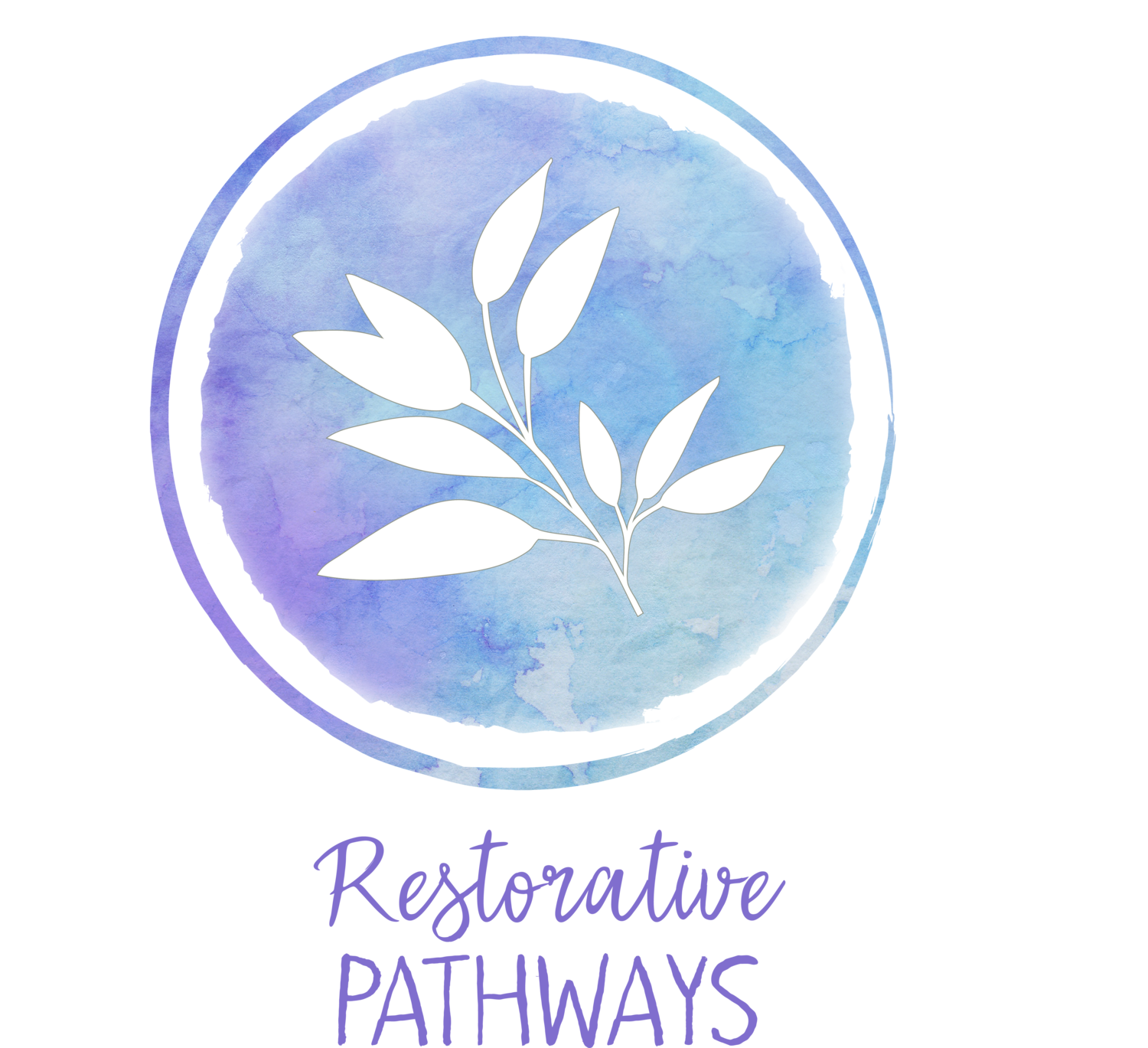What is Aromatherapy?
This blog is not intended to be used to diagnose or treat any mental disorder. If you have mental health symptoms, please discuss them with a licensed mental health professional or your primary care physician.
What is Aroma Therapy?
Aromatherapy has taken off in the last few years and become much more "mainstream." Still, there are a lot of us out there who are wondering what it even is. So let's start there!
Aromatherapy is an alternative practice widely used for therapeutic purposes. It can be offered in massage centers, yoga studios, spas, chiropractic settings and can be used to benefit your mental health in a variety of ways. It utilizes aroma/fragrance in the form of essential oils. These oils come from a variety of healing plants such as flowers, herbs, roots and tree bark. When inhaled or applied to the skin, these oils have been shown to improve physical, emotional and spiritual well-being.
Aromatherapy Techniques
Smell/Diffuse/Inhale
As we breathe in the aroma of the oils, it can trigger emotional and even physical responses and allow vivid memory recall of people or places. Many people engage in this form by adding their oils to jewelry they wear often so they can enjoy the smell throughout their day or even carrying a small bottle with their favorite oil in it so they open it and smell it as needed.
After the oils are inhaled, they travel internally until fully absorbed in the respiratory system. Their antibacterial and antiviral properties make them ideal for maintaining a healthy respiratory system including the sinuses, throat, and chest and helping relieve symptoms of infections and allergies. The simplest way to engage in this form is by adding a few drops of pure oil to a diffuser. While your home is filled with the amazing smells from your oils, you will also be inhaling the naturally occurring chemicals in the oils as well.
Topical Application
Another popular way to utilize essential oils is to absorb the oil through your skin. The molecules in the oils are small enough they can absorb through the skin and into your blood vessels. This allows them to travel throughout your entire body. Allowing the oils to circulate through your body has a vast amount of benefits including but not limited to: prevention of cell damage, protection from toxic waste in cells, anti-aging benefits, addressing problems like acne and eczema, and providing health benefits to the liver, kidneys, and some muscle groups with strong blood flow.
Internal Use
You can use essential oils via mouth by swallowing a soft gel capsule containing the desired essential oil. They are absorbed into the digestive tract, making this use of the oils especially powerful. Internal use of essential oils has became a controversial topic in recent years, mostly because of a lack of awareness. Internal use of oils can have amazing effects on the body and mind, just make sure you educate yourself before doing so.
How can aromatherapy specifically help my mental health?
The result comes from the relationship between our sense of smell and the limbic system. The structures in the limbic system are involved in regulation of our emotions and motivations like fear, anger, pleasure, dominance, and care for offspring. The limbic system is also directly correlated with parts of the brain that control heart rate, breathing, memory and hormone balance.
So how does it work? you may be asking… simple (but amazing!)
When the molecules from the oils are inhaled/ingested/applied they eventually meet the olfactory bulb. The olfactory bulb sends automatic impulses to the limbic system, which causes alterations to our state of mind/being.
To learn more about how aroma therapy and all it’s uses visit:
https://www.doterra.com/US/en/blog/science-research-news-internal-use-essential-oils
https://www.webmd.com/balance/stress-management/aromatherapy-overview#1
Sydney graduated from John Glenn High School in 2017. She is currently working towards a bachelors degree, dual majoring in Psychology and Criminal Justice at Muskingum University. She plans to further her education by completing a Masters degree in Clinical Psychology.
Sydney is an active member on her campus. She is a member of the Chi Alpha Nu sorority where she must maintain a 3.0 GPA and 10 community service hours a semester. She is also a member of the Psychology club, Criminal Justice club. Sydney is honored to be able to be a part of this team and gain experience in the mental health field at a young age.



